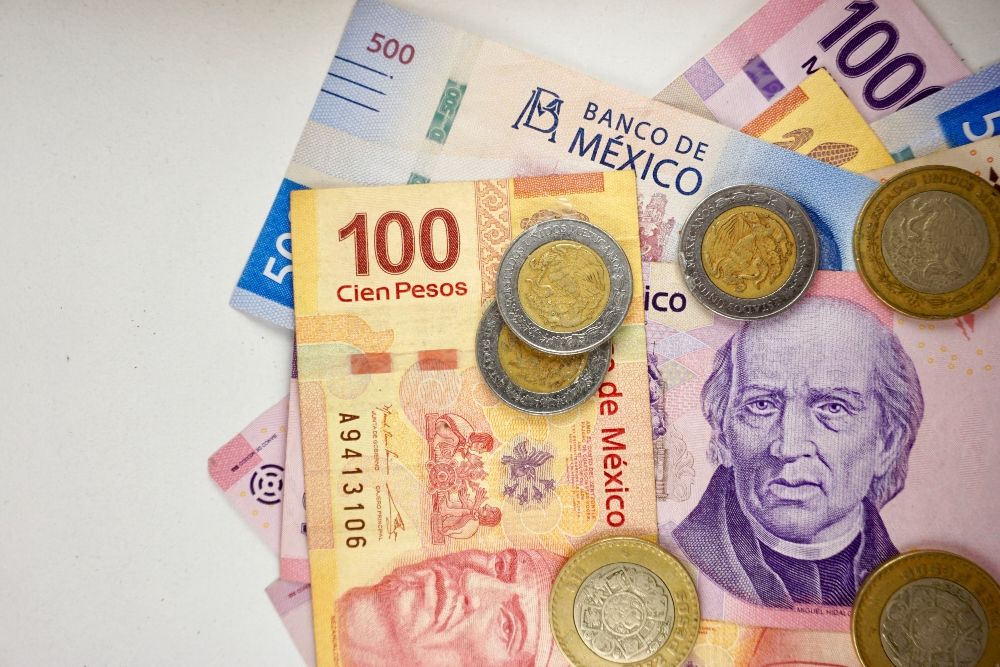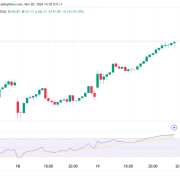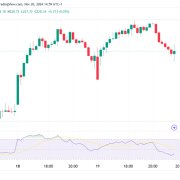
The Indian economy has attracted billions of dollars in venture capital investments in the last decade as global funds rushed to take advantage of the fastest-growing emerging market economy.
Byju’s, PayTM, and Oyo Hotels were among the biggest recipients of venture capital funds in India. Data by Tracxn shows that Byju’s has raised over $5 billion from the likes of Tiger Global, Sofina, Tencent, and Qatar Investment Authority. At its peak, it had a private valuation of over $22 billion, making
Oyo Hotels has also been a big recipient of venture capital funds. It raised over $3.4 billion at a $22 billion valuation. Most of these funds came from Softbank, the Japanese conglomerate. Other funders were ASK Group, JP Morgan, and Microsoft.
Paytm Group, one of the biggest fintech companies in India, also raised billions of dollars before launching one of the biggest Initial Public Offerings (IPO).
These three companies have three things in common: they are in a deep crisis, and their survival is at risk.
Byju’s is at risk of collapse
The edtech industry has been in the spotlight in the past decade as more people took advantage of fast internet speeds and available materials. The industry took off during the Covid-19 pandemic as governments shut down most learning institutions.
Byju’s, a leading edtech company, took advantage of this trend to raise billions of dollars. The company offers a platform where students in countries like India, United States, Mexico, Australia, and Brazil could access the best learning materials.
Now, however, the company is in a deep crisis that puts its future at a grave risk. On Friday, BDO, one of the top global auditors, resigned as the company’s auditor. It was the second departure of a high-profile auditor in a year, meaning that the situation is worse than expected. Deloitte exited the company last year.
BDO highlighted several factors for its exit, including delay in financial reporting, inadequate management support, and its ability to recover substantial sums of money from a Dubai company.
The exit came at a precarious time for the company as the country’s supreme court ruled that insolvency proceedings could continue. These proceedings came from a group of American investors who are seeking to recover about $1 billion in funds. Just last year, Byju’s slashed over 5,000 jobs.
Read more: Byju’s dodges bankruptcy with $19 million debt settlement, gains extension to repay BCCI
To be clear: other edtech companies that thrived over the years are not doing all that well. In the United States, Udemy stock price has crashed by over 76% from its highest level on record. Coursera has also plunged by over 88% from its record high. Pluralsight, which was acquired by Vista in 2021 by Vista, has also come under intense pressure.
Oyo Hotels
Meanwhile, India’s Oyo Hotels has also come under pressure in the past few years, leaving is survival at risk. The company was valued at over $10 billion and has now raised cash at a valuation of just $2.5 billion.
Oyo’s goal is to create a global budget hotel chain by partnering with exiting hotels. Over the years, many of its hotel partners have complained about late payments while customers have complained about the quality of its services. Oyo has also shelved its IPO plans as concerns about its future remain.
On the positive side, however, the company has recently turned a profit and the management hopes that this trend could continue. It also received a positive credit rating upgrade hy Fitxh, which pointed to its improved metrics.
The challenge, however, as Airbnb demonstrated is that the global travel industry was slowing down substantially.
While a delighted customer or a hotel partner brings the biggest smile on my face, our first cut financials of FY24 have me humbled as well.
We had our maiden net profitable financial year at nearly Rs 100 cr. This was our eighth consecutive quarter of a positive EBITDA and we…
Paytm stock has crashed
Meanwhile, Paytm, one of the biggest fintech companies in India, has gone through challenges over the years. The company’s stock has crashed from INR 1,951 in 2021 to INR 600. This is notable since it had India’s biggest IPO as it raised over $2.5 billion.
Since then, the fintech industry has become more competitive, with companies like PhonePe, Google Pay, RazorPay, and Jio Finance taking market share.
Most notably, the company has faced regulatory issues in the past few years. Earlier this year, the Reserve Bank of India (RBI) ordered the company to cease most of its banking operations, citing persistent non-compliance.
At the same time, the company has continued making substantial losses. Its most recent results showed that it had a $100 million loss in the first part of the year as its revenue fell to $179 million from $280 million a year earlier.
Other popular Indian startups have come under pressure lately. For example, Easy Trip Planners stock has crashed by 44% from its highest point in 2023 while recently listed Ola Electric Mobility has dropped by 30% from its August highs. Fast E-Commerce Ventures, popularly known as Nykaa, has dropped by 50% from its highest point in 2022.
To be clear: other countries have had high-profile implosions. In the United States, companies like Katerra, Shyp, Theranos, and WeWork have cost investors billions of dollars.
The post Byju’s, PayTM, and Oyo Hotels fall from grace explained appeared first on Invezz











